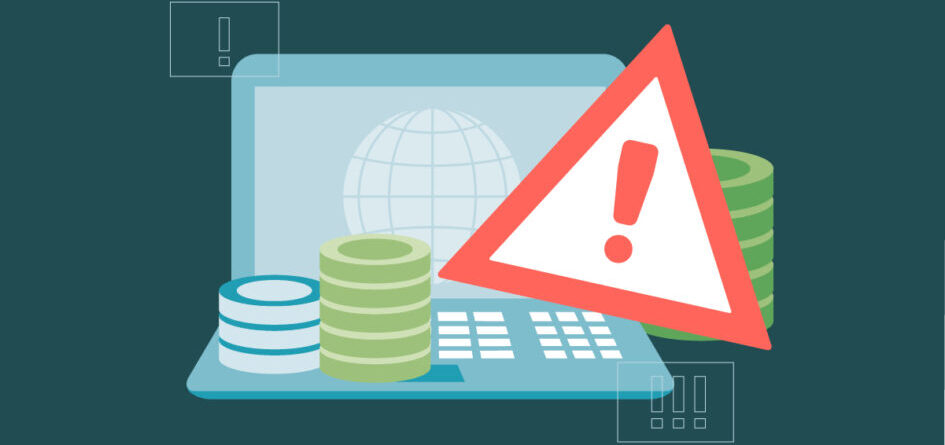Data Loss Prevention Strategies
Data loss can be a catastrophic event for any business, but it can be especially devastating for small businesses. Fortunately, there are effective measures that small businesses can implement to prevent data loss.
Understanding Data Loss
Data loss refers to an event where valuable and sensitive data is lost, deleted, or becomes inaccessible due to various reasons such as hardware failure, software corruption, human error, or cyber-attacks. For small businesses, data loss can lead to significant financial losses and damage to their reputation. It’s important to understand that data loss is not just about losing files – it can also mean losing customer trust, business opportunities, and even legal repercussions.
Importance of Data Loss Prevention
Data loss prevention (DLP) is a strategy that ensures your business’s data remains secure and accessible at all times. Implementing effective DLP measures can protect your business from potential data breaches, ensure business continuity, and maintain customer trust. In today’s age, where data is often considered the most valuable asset of a business, having robust DLP measures in place is not just an option, but a necessity.
Implementing Data Loss Prevention Measures
Here are some effective DLP measures that small businesses can implement:
- Regular Data Backups:
Regularly backing up data is one of the most effective ways to prevent data loss. Ensure that backups are done frequently and stored in a secure off-site location. It’s also important to test your backups regularly to make sure they can be restored successfully when needed. - Use of Antivirus Software:
Protect your systems from malware and viruses that can lead to data loss. Ensure that your antivirus software is up-to-date and scans are conducted regularly. Remember, new threats emerge every day, so it’s crucial to keep your antivirus software updated. - Employee Training:
Human error is a common cause of data loss. Train your employees on best practices for data management and the importance of data security. This includes training on how to identify and avoid phishing attempts, the importance of strong passwords, and the risks of using unsecured networks. - Implement Access Controls:
Limit access to sensitive data to only those who need it. Use strong passwords and two-factor authentication to further enhance security. Regularly review and update access controls to ensure that only authorized individuals have access to sensitive data. - Regular System Updates:
Regularly update your systems and software to protect against potential security vulnerabilities. This includes not only your operating systems but also any software or applications you use. Outdated software can have vulnerabilities that hackers can exploit to gain access to your data. - Disaster Recovery Plan:
Have a disaster recovery plan in place that outlines the steps to be taken in the event of data loss. This should include details on how to restore data from backups, who to contact for assistance, and how to communicate with customers and stakeholders.
Implementing effective data loss prevention measures is crucial for businesses. By taking proactive steps, you can protect your business and yourself from the devastating effects of data loss. The cost of implementing these measures is far less than the cost of recovering from a data loss event.










Leave a Reply